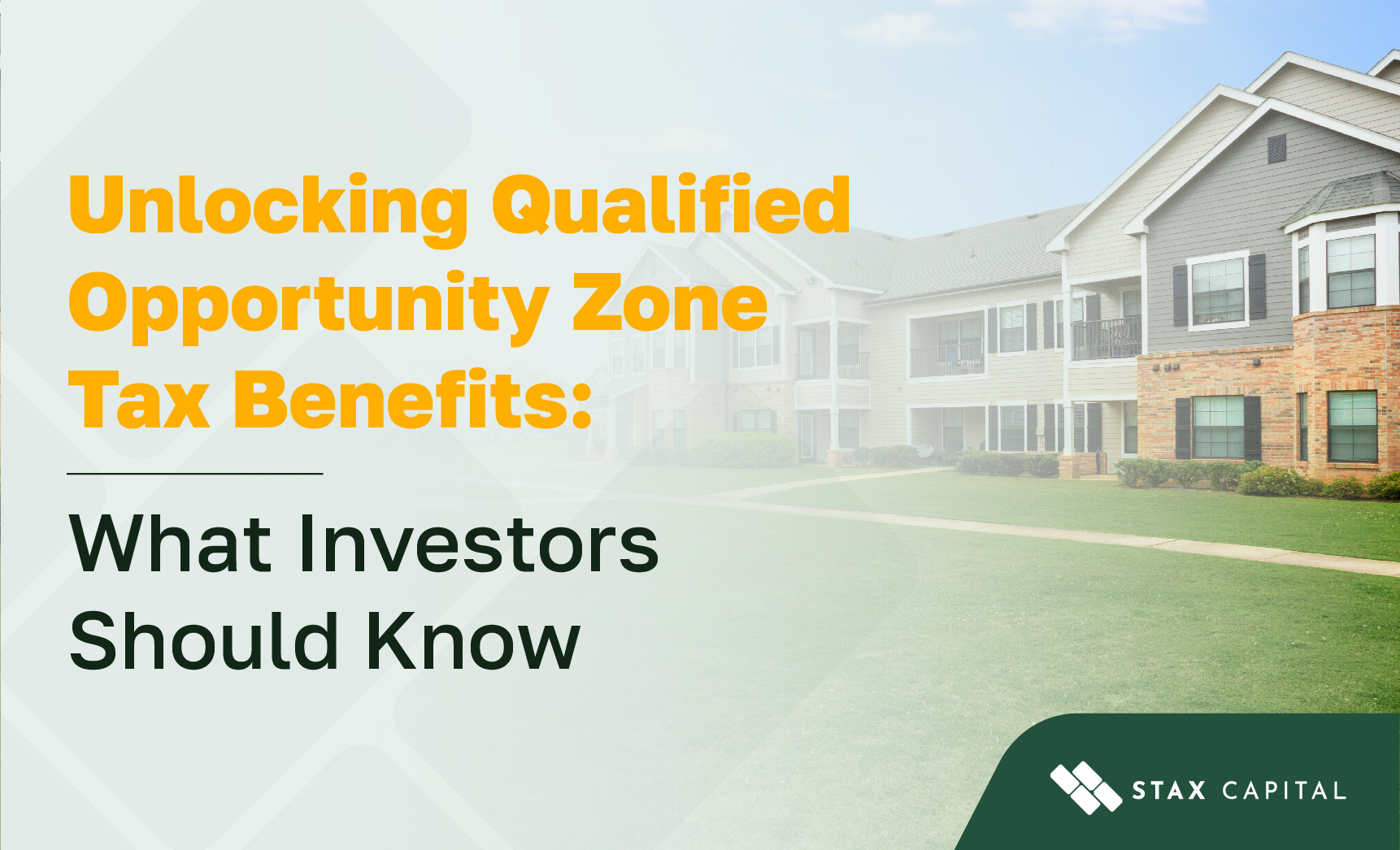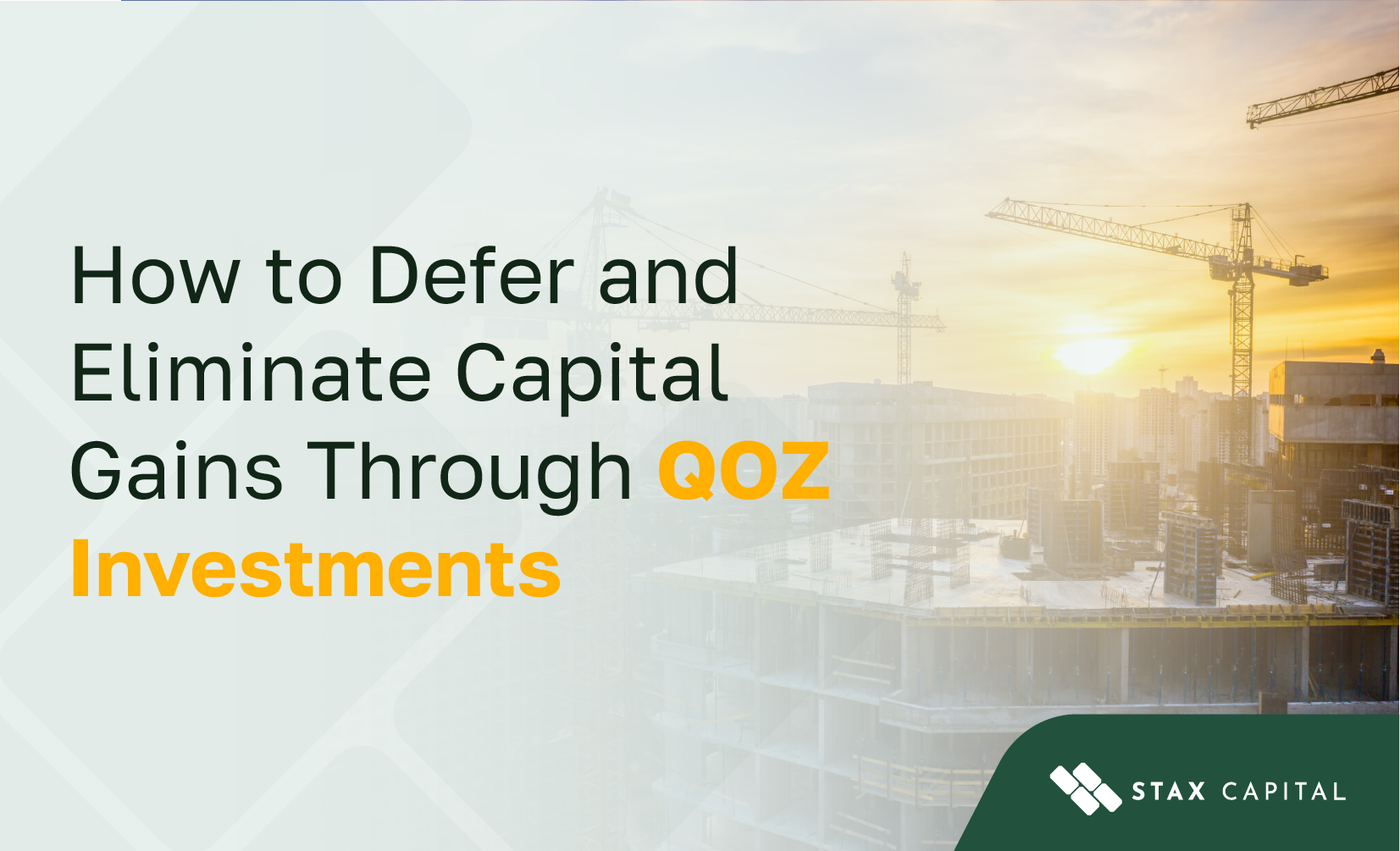Alternative Investments for Real Estate Investors

Alternative investments are often used as a means for portfolio diversification. Individual investors can invest directly in alternative investments or through mutual funds that include alternative assets in their portfolio mix.
While there are different types of alternative investments, real estate investment alternatives are specific to the real estate industry. You will need to understand how an alternative investment fits into your overall financial plan and investment goals before you decide on which option is best for you.
What Are Alternative Investments?
Alternative investments are typically investments in assets that are not considered to be conventional. Conventional investment assets include stocks, bonds, government bills, and money market assets, amongst others. On the other hand, most non-traditional investments, such as investments in commodities, real estate, venture capital, hedge funds, etc., involve complex procedures and processes that need high levels of professional knowledge and competence. These types of investments are called alternative investments and can serve as an alternative to real estate investing for those looking to diversify their portfolios.
Generally, most alternative investments are only accessible to accredited investors with high net worth. According to the Security Exchange Commission (SEC), individuals can be classified as accredited investors based on their annual income, net worth, and professional experience or knowledge. This would generally include individual Investors with income more than $200,000 for two most recent years and expected to at least remain in this income band for the current year. For organizations, they would need to own assets with total value greater than $5,000,000. This is alongside other requirements that need to be met to qualify as accredited investors that can invest in alternative assets, including real estate investment alternatives.
Also, due to the complexity of alternative investments and lesser regulations, alternative investments are often held by investors who are knowledgeable about the market dynamics peculiar to their non-conventional nature. For individuals who do not have adequate knowledge on alternative investments, they employ the services of professionals such as financial advisors, investments specialists, accountants and tax experts.
Majority of alternative investments are not registered with the Securities Exchange Commission (SEC) and as such, are not publicly traded on the financial market. This provides a good explanation for why most alternative investments are highly illiquid in nature.
Alternative investment options
Alternative investments provide different options for investors who want to explore possible returns from non-conventional assets. Some of these options include:
Commodity:
Commodity investments involve buying commodities such as metals –gold, copper, agricultural products or natural gas and oils etc. Most investors invest in commodities directly and/or through commodity Exchange Traded Funds (ETFs) or mutual funds.
Private Equity:
Investors through private equity funds can invest in privately held companies for equity in these companies. This is usually with the aim to sell their shares in the company for profit at a later time. Most private equity investments transactions are carried out by investment firms.
Hedge Funds:
These are complex investment vehicles that usually function by pooling cash resources from accredited investors. Hedge funds are managed by registered financial and investment advisors. Hedge fund managers employ calculated investment strategies with the aim to make high returns from the market.
Real estate investment:
Alternative investments in the real estate market are of different forms and types. The most commonly explored options include real estate investment trusts (REITs), tenancy in common (TICs), Delaware Statutory Trusts (DSTs). Direct purchase investments such as buying properties to flip and sell also qualify as real estate alternative investments such as buying properties to flip and sell, also qualify as real estate alternative investments.
Other forms of alternative investments include cryptocurrency, foreign exchange (FOREX), private debt funds and financial derivates —such as futures, options and forwards, amongst others.
Alternative Investments for Real Estate Investors
Real Estate Investment Trusts:
Commonly known as REITs, Real estate investment trusts can either be publicly traded through the stock exchange market or privately. Publicly listed REITs are usually registered with the Security Exchange Commission.
When you invest in REITs, you generally would purchase shares in a real estate company that owns several properties. These properties can either be retail, commercial or residential. Investments in REITs are done through equity REITs, Mortgage REITs or a combination of equity and mortgage REITs, also known as, hybrid REITs.
Using the REIT vehicle, investors can earn rental income through dividends from their interests in the REIT companies.
Qualified Opportunity Funds:
Qualified Opportunity Funds (QOFs) are investment vehicles set up for the purpose of investing in Qualified Opportunity Zones. Investments in Qualified Opportunity Funds provide possibilities for real estate investors to become eligible for tax benefits. These potential benefits generally come in three forms:
Capital gain deferral: Eligible capital gains such as gains from property sale can be deferred if reinvested in a Qualified Opportunity Fund.
Capital gain reduction: The step-up basis for investment in Qualified Opportunity Fund allows investors to reduce the capital gain recognized on your interest in the QOF when sold or exchanged after at least five years of holding it.
Capital gain elimination: Capital gains from qualified investments in a Qualified Opportunity Fund may be eligible for total tax elimination when held for at least 10 years.
Delaware Statutory Trusts:
Accredited investors can buy fractional units in institutional quality properties through Delaware Statutory Trusts. A great advantage this potentially provides for investors is that they can defer tax gains on property sale when they make eligible investments in DSTs. This is possible because DST investments qualify as 1031 exchange subject to other requirements being met.
Delaware Statutory Trusts work through the management of the sponsors and trustees or managers who oversee the property investment activities under the trust. You can become a beneficial owner in the trust by purchasing investment interest. These ownership interests in the DST would provide you with distributed income from the trust based on the fraction of your investment in the trust.
There are other forms of real estate alternative investments such as crowdfunding investments. This involves pooling money from many investors to invest in highly valued properties. There is also the tenancy in common (TIC) form of real estate investment that involves the ownership of real estate property by two or more people.
Pros of Alternative Investments
Portfolio diversification: One of the most attractive attributes of alternative investments is the outlet it provides for investors to put their money into assets that are not directly correlated with the common financial markets.
Stock markets and bond markets are inversely related. When the stock prices go up, bond yields decline and vice versa, when the bond market performs outstandingly, the stock market tends to dip. Due to this, investors look for other investment vehicles that do not go through the frequent booms and dooms of conventional financial assets. This is where alternatives to real estate investments may provide value.
It is important to note that while investment diversification may reduce the impact of potential losses in some assets, even the best diversification strategy does not guarantee a hundred percent protection against total investment losses.
Possible returns: When you invest in alternative investments, you do so to take advantage of potential returns. Like every other form of investment, alternative investments can provide possible returns for investors. However, returns are not guaranteed.
Lack of volatility: Alternative investment options may not be as volatile as traditional investments. The prices and values of alternative assets typically do not fluctuate as easily as other conventional asset prices.
Tax Benefits: Some alternative forms of investing provide investors with the possibility of deferring tax and other tax benefits. One of such alternative investment vehicles in the Delaware Statutory Trust which allows investors to defer capital gains for transactions that qualify as 1031 like-kind exchange.
Cons of Alternative Investments
Alternative investments are not all rosy, they have associated downsides to them. The cons of investing through alternative investments should be considered carefully before delving into the complex world of this non-traditional space of seeking possible returns.
Accessibility: Most people are not aware of the fact that a significant aspect of alternative investments is that they are not easily accessible to the large public. There are often restrictions on eligibility for alternative investments. This is partly due to the complexity of these investments and the widely unregulated market for these assets.
Also, most alternative investments require significantly higher financial commitments, usually in the minimums of $25,000 to $100,000. This automatically limits access to only investors who possess such amounts of money to invest.
Illiquidity: When investors want to buy conventional assets such as stocks or bonds, they can easily purchase them from the public financial markets through brokers or other investment platforms. This is not the case for alternative investments. Investing in alternative assets generally involves private dealings and contracts. Most alternative investments are not publicly listed, making them highly illiquid investments. When purchased, these assets may not be easily sold or disposed of as quickly as conventional assets.
High Risk: Alternative investments are relatively riskier forms of investments. This is due to many reasons. One of such reasons is as a result of the unregulated nature of alternative investments. The SEC does not regulate most alternative investments and as such, this can lead to inadequate disclosure practices and asymmetric Information about many aspects of these investments.
Also, although there may be less frequent swings in alternative markets, occasional swings may be larger. Returns on alternative assets may be relatively higher, but also, any losses may have significantly more financial impact.
Stax Capital offers different alternative investment options for real estate. Contact the team to discuss which available investment options are best suitable for your needs.
This article does not constitute any tax advice. Individuals are encouraged to seek professional advice from independent tax advisors regarding the tax consequences of investments. Also note that in assessing investment returns, past performances are not indicative of future performance.



Share: